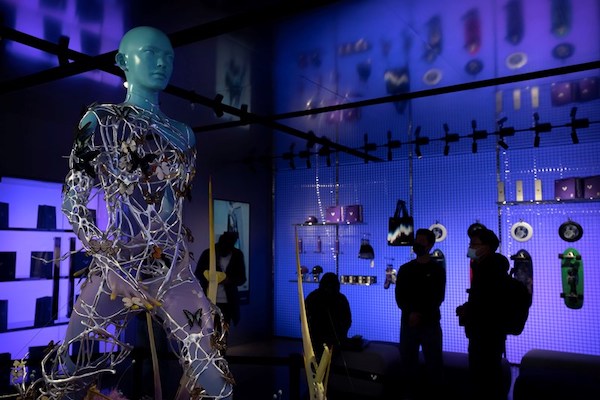The U.S. sanctions on Chinese tech businesses, the Wall Street Journal reported, on Sunday, have caused them to expand research to build artificial intelligence (AI) without relying on cutting-edge U.S. semiconductors.
According to the report, Chinese businesses searched for strategies that might enable them to employ fewer or less powerful chips to achieve high-level AI performance.
Moreover, the reports noted that Chinese tech firms also sought to research chip fusion aimed at reducing reliance on a single type of hardware; this included major firms such as telecom giant Huawei, e-commerce company Alibaba Group Holding, and Baidu tech company.
While overtaking leading U.S. companies in AI development remains a major challenge, there have been some promising experiments that, if developed successfully, could allow Chinese firms to overcome limitations forced upon them by U.S. sanctions and even become more resilient to any future sanctions.
From banned to homegrown parts, China’s Huawei defies U.S. sanctions
Chinese technology giant Huawei replaced thousands of components used for their products banned by the United States with homegrown versions, according to a transcript of a recent speech released by a Shanghai university.
Huawei, a leading supplier of telecom gear, smartphones, and other advanced equipment, was often the target of Washington sanctions over alleged cybersecurity concerns over the past few years.
Former U.S. President Donald Trump effectively barred American companies from doing business with Huawei. Current U.S. President Joe Biden imposed further sanctions, including the ban on sales of new Huawei equipment in the United States.
These actions led the firm to search for a replacement to obtain semiconductors and other parts, as founder Ren Zhengfei reported that Huawei has replaced more than 13,000 components with domestic versions over the past three years, according to the transcript posted by Shanghai Jiao Tong University on March 17, 2023.

